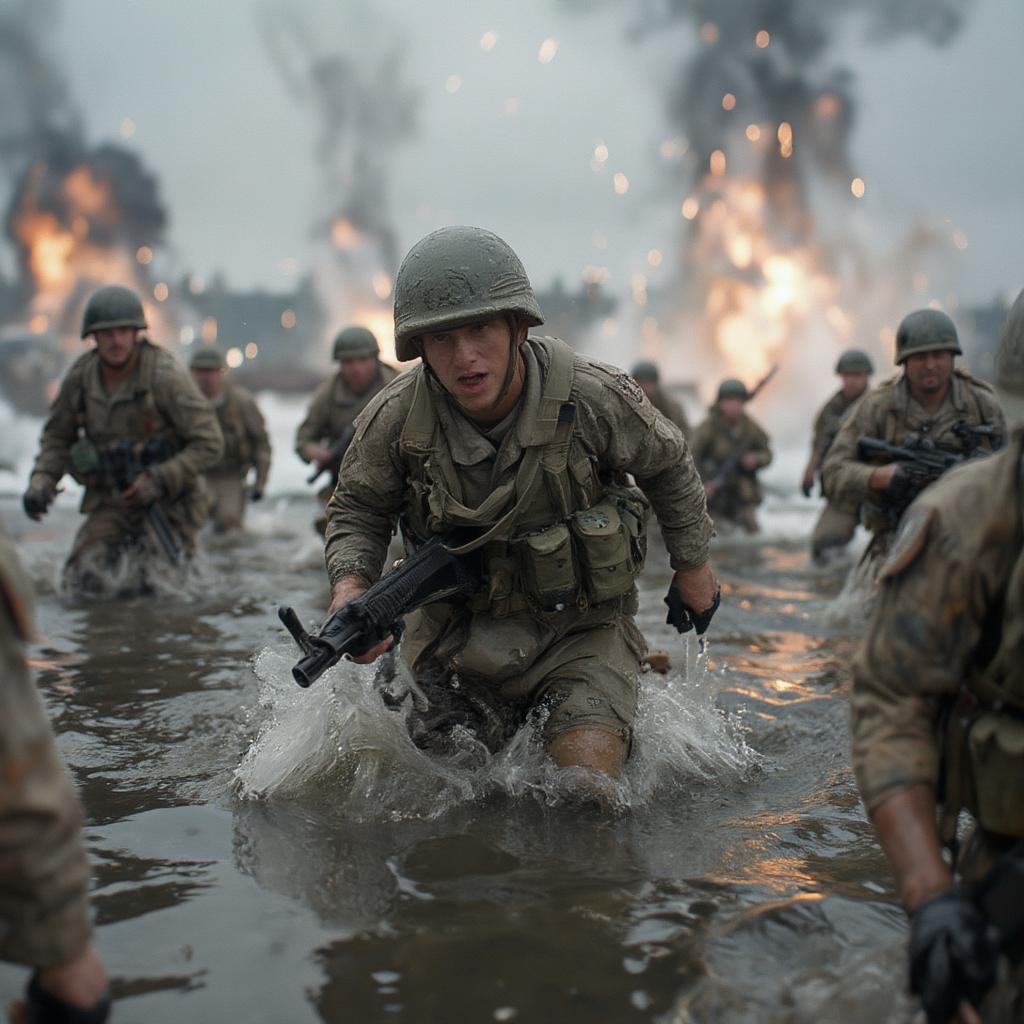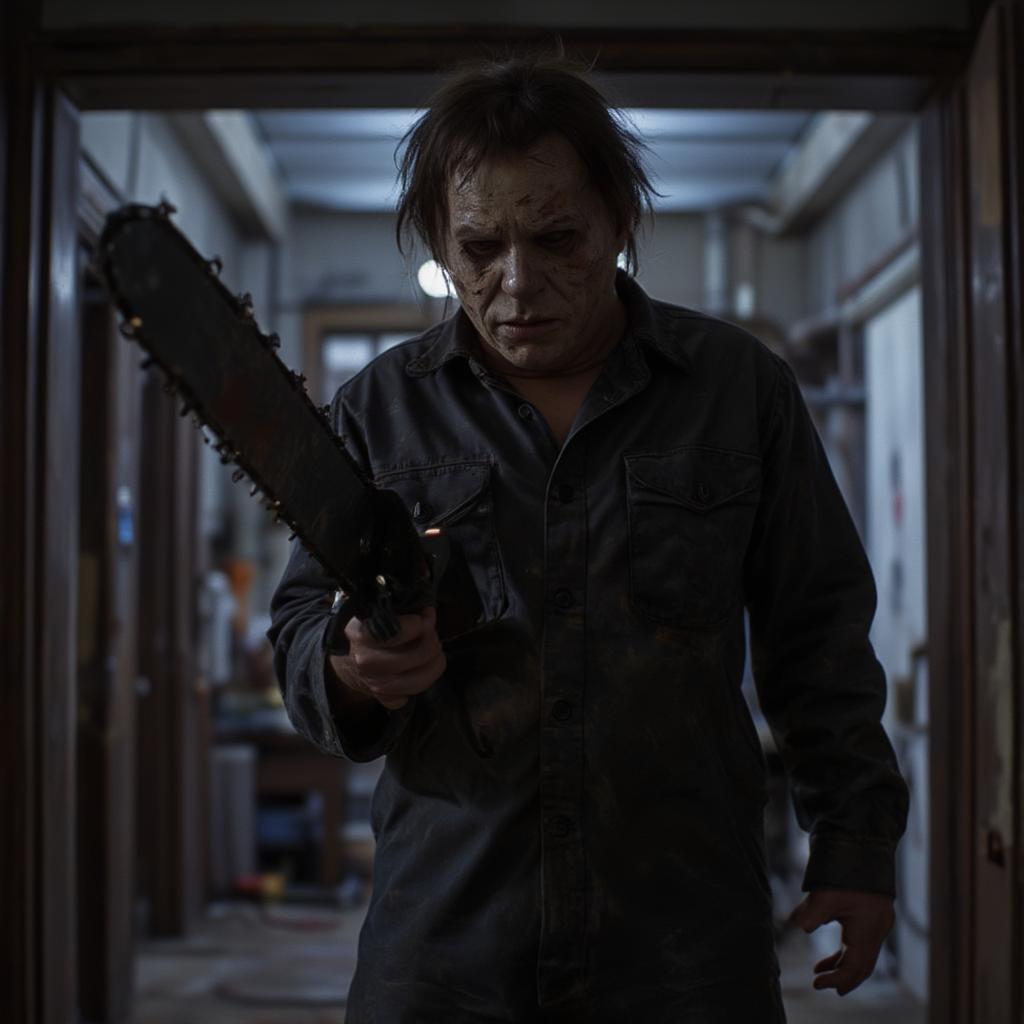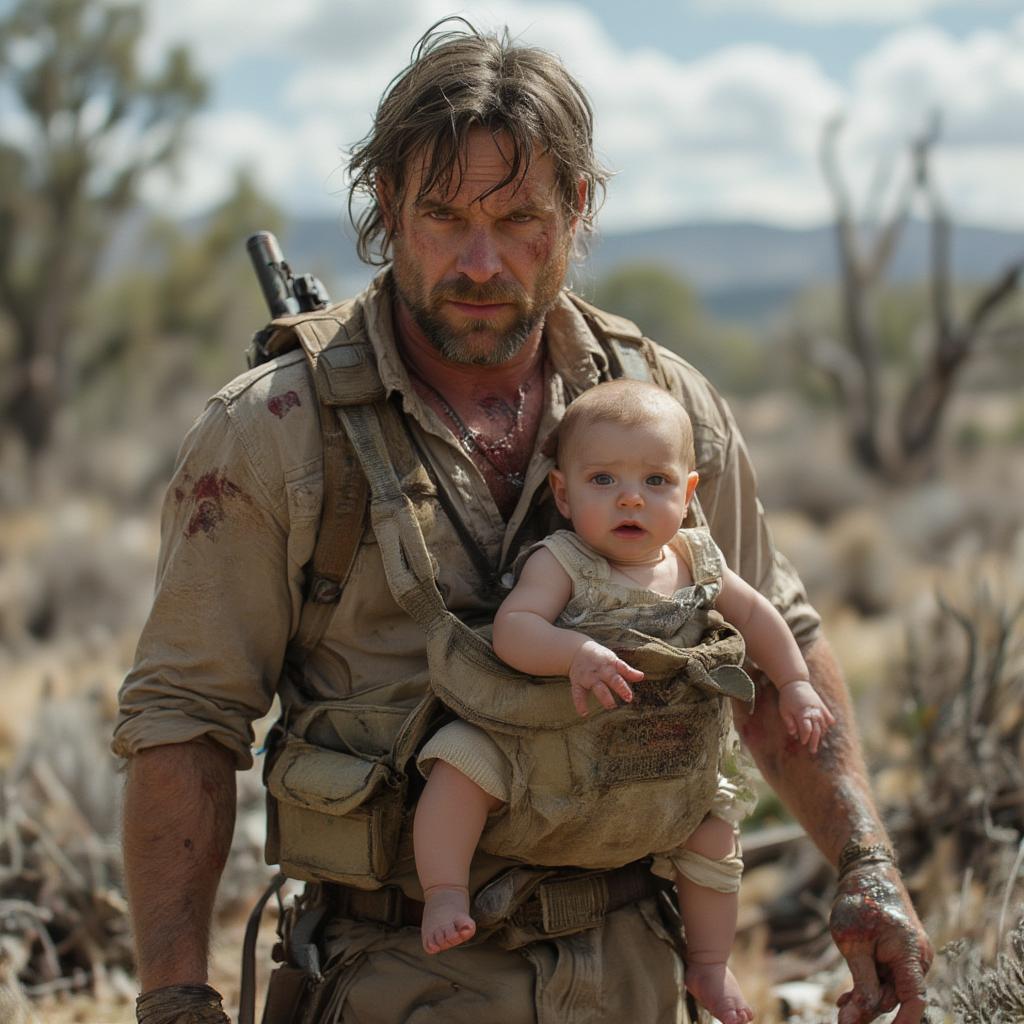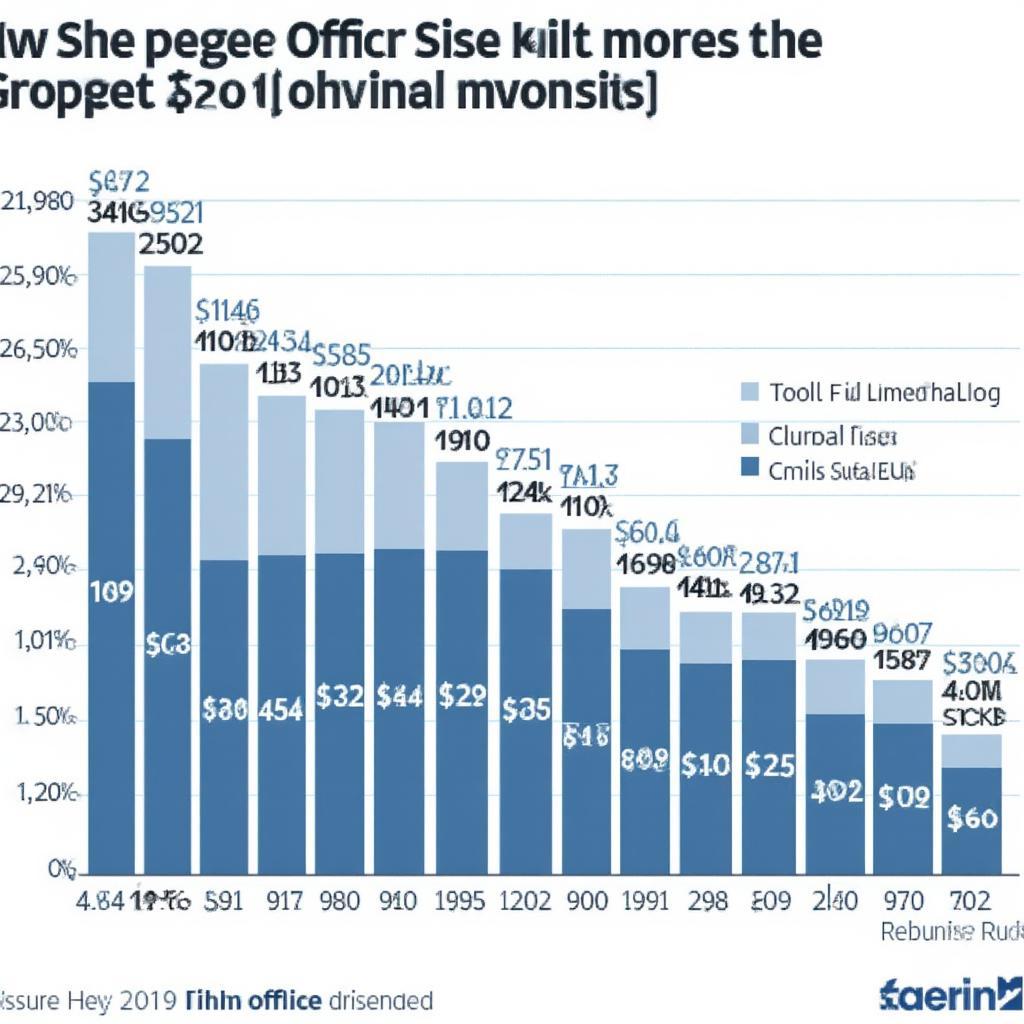Shell-Shocked Cinema: A Tarantino-esque Dive into Classic WWII Movies

World War II, a global conflict of epic proportions, has served as a backdrop for countless films, from gritty realism to bombastic action. Classic Wwii Movies, in particular, hold a special place in cinematic history, offering a window into a pivotal moment in time while exploring themes of courage, sacrifice, and the brutal realities of war. But let’s be honest, some are more “Inglourious Basterds” than “Saving Private Ryan.” So, grab your trench coat, light a cigarette (if you must), and join me, your resident Shock Naue film critic, as we embark on a Tarantino-esque journey through the battlefield of classic war cinema.
Where Eagles Dare to Bore: Deconstructing the WWII Movie Trope
Classic WWII movies often fall into predictable tropes: the stoic hero, the evil Nazi, the inevitable triumph of good over evil. While these narratives can be satisfying, they often lack the grit and nuance that truly capture the chaos and moral ambiguity of war. Now, I’m not saying every war film needs a Mexican standoff in a French tavern, but a little injection of Tarantino’s signature style – non-linear storytelling, stylized violence, and sharp dialogue – could do wonders for the genre. Let’s face it, sometimes the good guys are just lucky, and the bad guys, well, they can be damn charming.
The Usual Suspects of WWII Cinema: From Propaganda to Masterpiece
Many early WWII films served as blatant propaganda, painting a black-and-white picture of the conflict. While films like “Why We Fight” had their purpose in rallying the troops, they often lacked cinematic artistry. But even amidst the propaganda, gems emerged. “Casablanca,” with its timeless romance and political intrigue, transcended its wartime origins to become a cinematic icon. The film’s cynical protagonist, Rick Blaine, embodied the moral complexities of the era, a far cry from the gung-ho heroes of lesser war films.
Then there’s “The Great Escape,” a thrilling adventure flick that celebrates ingenuity and resilience in the face of insurmountable odds. Steve McQueen’s iconic motorcycle jump? Pure cinematic gold. But even this classic suffers from a sanitized portrayal of war, glossing over the brutality and focusing on the escapades of a predominantly white, Allied cast.
Beyond the Battlefield: Exploring the Human Cost of War
The best classic WWII movies delve beyond the battlefield, exploring the psychological toll of war on soldiers and civilians alike. “Judgment at Nuremberg” confronts the moral complexities of war crimes, forcing viewers to grapple with issues of justice and accountability. The film’s intense courtroom drama and powerful performances showcase the lasting impact of war on individuals and nations.
“Bridge on the River Kwai” offers a compelling exploration of obsession and the blurred lines between duty and madness. Alec Guinness’ portrayal of Colonel Nicholson, a British officer driven to build a perfect bridge for his captors, is a masterclass in acting. The film’s ambiguous ending challenges simplistic notions of victory and defeat, leaving audiences to ponder the true cost of war.
Is “Saving Private Ryan” Overrated? A Controversial Take
Now, before you sharpen your bayonets, hear me out. “Saving Private Ryan” is undoubtedly a technical masterpiece, with its visceral depiction of the D-Day landings setting a new standard for war filmmaking. But beneath the impressive visuals and sound design, the film relies on a sentimental narrative that feels, dare I say, a bit predictable. The mission to save Private Ryan, while noble in its intent, feels contrived and ultimately undermines the film’s attempts at realism.

Don’t get me wrong, Spielberg is a master craftsman, but even he falls prey to Hollywood’s tendency to sanitize war for mass consumption. Where’s the Tarantino-esque twist? Where’s the moral ambiguity? Where’s the goddamn dialogue that crackles with wit and tension?
The Final Reel: Rethinking Classic WWII Movies
Classic WWII movies offer a valuable glimpse into a defining moment in history, but it’s time to re-evaluate these films with a critical eye. We need to move beyond the simplistic narratives and embrace the complexities of war. Let’s inject some Tarantino-esque flair into the genre, explore the darker corners of the human psyche, and challenge the conventional wisdom of wartime heroism. Classic WWII movies deserve to be more than just dusty relics of the past; they have the potential to be vibrant, thought-provoking works of art that resonate with audiences for generations to come. So, next time you’re looking for a war film, ditch the predictable and embrace the unconventional. You might be surprised at what you discover.
Dr. Ingrid Bergmansson, Film Historian and Professor of Cinematic Arts at the University of Stockholm: “Classic WWII films often reflect the societal values and anxieties of their time. Analyzing these films allows us to understand how historical events are shaped and reshaped through the lens of popular culture.”
Mr. Hans Landa, Retired Colonel and Military Strategist: “War is not black and white, it’s a thousand shades of grey. The best war films capture this ambiguity, forcing us to confront the uncomfortable truths of human conflict.”
Sergeant Hugo Stiglitz, Veteran of the French Resistance and Film Noir Enthusiast: “Give me a film with sharp dialogue, unexpected twists, and a healthy dose of morally ambiguous characters. That’s a war film worth watching.”
FAQ
-
What are some of the most popular classic WWII movies? Some popular titles include “Casablanca,” “The Great Escape,” “Saving Private Ryan,” “Bridge on the River Kwai,” and “Judgment at Nuremberg.”
-
Why are classic WWII movies still relevant today? They offer insights into a pivotal historical event, explore universal themes of courage and sacrifice, and provide a lens through which to examine contemporary conflicts.
-
What are some common themes in classic WWII movies? Common themes include heroism, duty, sacrifice, the horrors of war, and the moral complexities of conflict.
-
How did WWII influence the film industry? WWII led to advancements in filmmaking technology, influenced genres like war films and film noir, and shaped the careers of many directors and actors.
-
Where can I watch classic WWII movies? Classic WWII movies are available on various streaming platforms, DVD/Blu-ray, and sometimes through library or archival resources.
-
What is the historical accuracy of classic WWII movies? The historical accuracy varies greatly depending on the film. Some strive for realism, while others prioritize dramatic storytelling over historical fidelity.
-
What is the impact of propaganda in classic WWII movies? Many early WWII films served as propaganda tools, shaping public opinion and promoting patriotism. Understanding this context is crucial when analyzing these films.
-
How do classic WWII movies portray the enemy? Portrayals of the enemy often reflect the political climate and societal biases of the time, ranging from stereotypical villains to more nuanced depictions.
-
How have classic WWII movies influenced modern war films? Classic WWII movies established many of the genre conventions that continue to influence modern war films, including visual styles, narrative structures, and thematic explorations.




